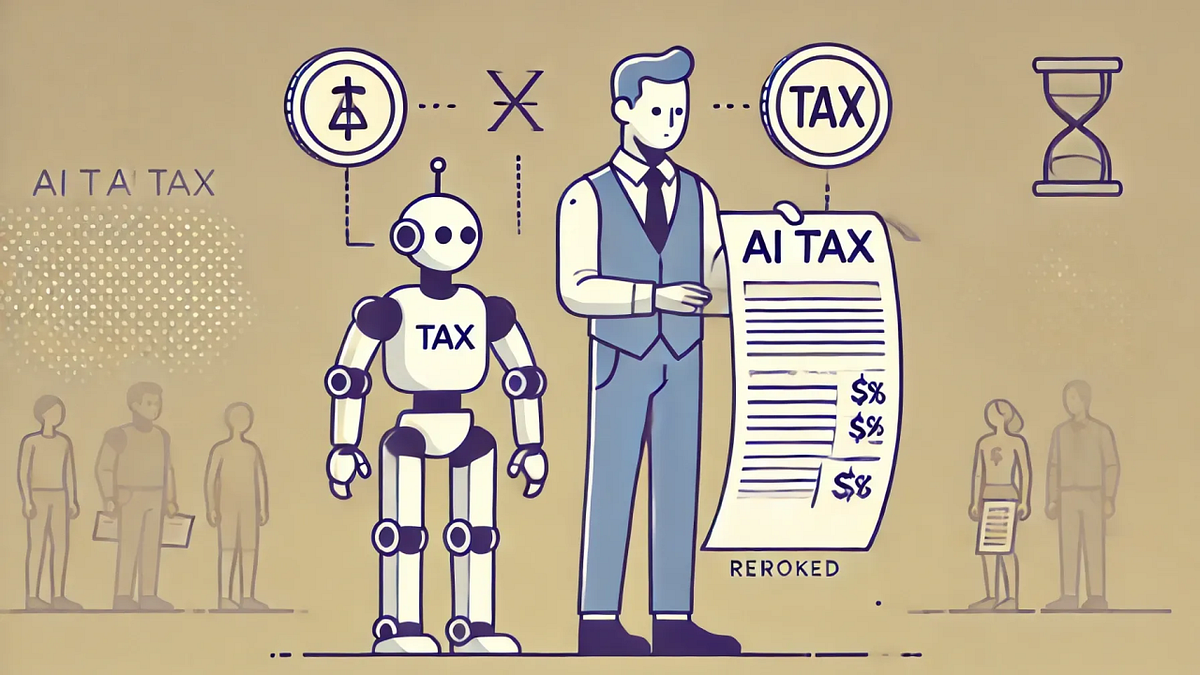Think AI is a Good Idea for Tax Returns? Think Again

Artificial intelligence (AI) is rapidly changing the way we manage finances. From automated bookkeeping to chatbots offering tax advice, technology promises speed and convenience. That’s why, it’s no surprise that some property investors are tempted to use AI to complete their Self AssessmentTax Returns.
However, relying entirely on AI can be risky. Taxation is complex, and mistakes can be costly, particularly for landlords and property investors managing multiple buy-to-let properties or complex portfolios.
AI tools can look like faster and cheaper alternatives to traditional accountants. They can quickly calculate tax liabilities, suggest potential deductions and provide general guidance. For tech-savvy investors or first-time landlords, this can feel like a simple and cost-effective solution.
But tax isn’tjust about filling in numbers. The nuances of UK tax law, especially relating to property income, reliefs, and allowable expenses, require professional expertise. AI lacks the ability to apply rules contextually or tailor advice to individual circumstances.
Common Risks of Relying on AI
Several pitfalls arise when property investors rely solely on AI for tax returns:
- Misinterpretation of Expenses: AI might fail to distinguish between deductibles and capital expenditures.
- Jurisdictional Confusion: Many AI tools are trained on global data and may offer guidance that does not comply with UK tax legislation.
- Lack of Strategic Advice: AI cannot provide long-term planning insights, such as optimising property ownership structures or planning for future tax liabilities.
Even minor mistakes on a Self Assessment can trigger HMRC penalties, interest charges or missed tax reliefs.
The Smart Way to Use AI
AI can be a useful supplementary tool, for instance, to perform quick calculations or track expenses. But the safest approach is to combine AI with the guidance of a qualified accountant. Professional oversight ensures:
- Compliance with HMRC rules
- Accurate reporting of property income and expenses
- Maximisation of tax reliefs and planning opportunities
Conclusion
AI is transforming financial management, but it cannot replace the knowledge and judgment of a professional. For property investors, the combination of AI tools and expert advice offers the best balance of efficiency, accuracy, and peace of mind.



